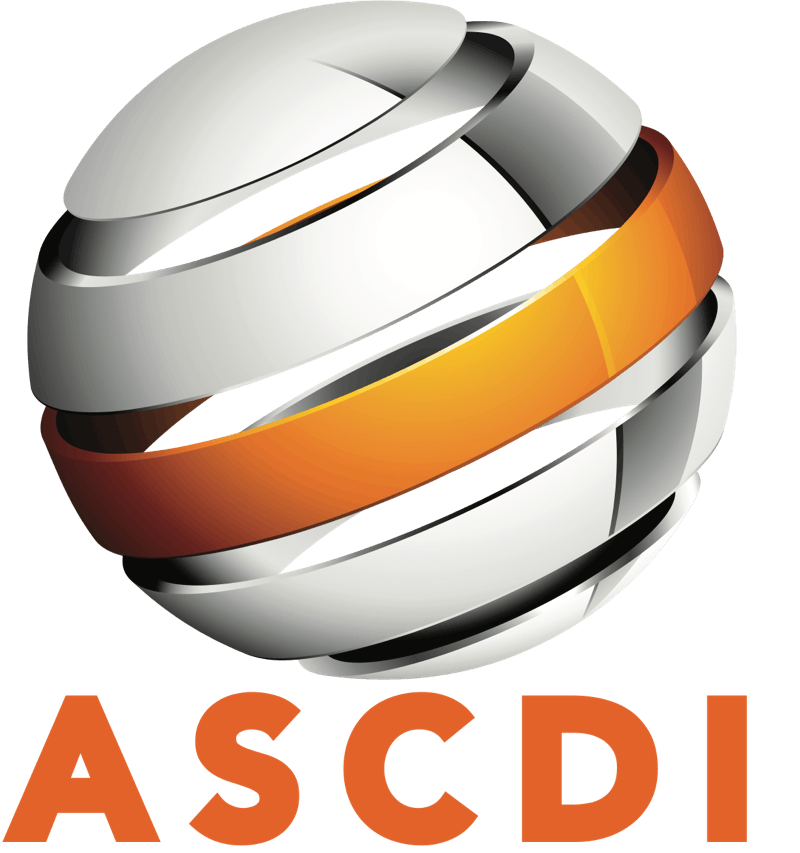As originally seen in the New Jersey Law Journal on January 8, 2014 by Mary Pat Gallagher
A federal judge on Tuesday dismissed claims by communications provider Avaya that its customers’ systems were hacked into by its former contractors to gain access to proprietary software.
U.S. District Judge Joseph Irenas in Camden, N.J., granted judgment to the defendants as a matter of law in Avaya v. Telecom Labs at the close of Avaya’s case, in which it had called 35 witnesses and generated more than 6,000 pages of transcript over four months of trial.
He said a reasonable jury would not have a legally sufficient basis to find for Avaya on any of its claims, namely, tortious interference with economic advantage, fraud, breach of contract, unfair competition, unjust enrichment, aiding and abetting and civil conspiracy.
For Avaya to recover on its contract claims, the jury would have to interpret the agreements contrary to their plain meaning, while prevailing on the other claims would require jurors “to deem unlawful harmless misrepresentations and ordinary commercial competition, Irenas said, adding, “These are claims the law cannot support.”
The decision leaves only antitrust counterclaims by the defendant companies: Telecom Labs, Continuant and Team TLI.COM, and three principals, all from Oregon or Washington State.
The related companies had a contractual relationship dating back to 1996 with Avaya, a Basking Ridge-based AT&T spinoff, to be outside dealers for its private branch exchange (PBX) phone systems, used by medium to large businesses to transmit voice and data.
In 2001, with Avaya’s encouragement, the defendants started offering maintenance services, which require the use of “on demand maintenance commands” to access the systems. The commands do not come with purchase of the system but must be obtained through a log-in provided by Avaya under an annual maintenance contract.
The relationship broke down in 2002 after Avaya started trying to limit maintenance work by its contractors to protect its share of that lucrative market.
No longer able to obtain access logins and passwords from Avaya, the defendants allegedly resorted to a variety of other means. They used information obtained under the old contracts, got customers to ask Avaya for them and induced two former Avaya employees to “hack” or “crack” into some customers’ systems, Avaya claimed.
One was paid $200 to $300 each time he helped and the other, who had worked at Avaya for 32 years, generated 40 to 60 passwords with software he took with him, according to trial testimony.
Irenas found that the defendants’ hacking or cracking of Avaya passwords did not necessarily constitute anything illegal, and Customers had the right to provide third parties with access to their systems for maintenance purposes, he said.
He also said Avaya seems determined to put the defendants out of the business of maintaining its systems, even though they have only a sliver of that market.
Avaya provided such services for 140,000 to 150,000 unique customers from 2005 to 2010. In contrast, the defendants had 470 since 2003.
Irenas noted that on the eve of trial, Avaya dropped other claims it presumably could not prove—including tortious interference with contract, trade secret theft, false advertising, and violation of the Digital Millennium Copyright Act.
He said that the claims Avaya pursued at trial—the ones dismissed Tuesday—were attempts “to shoehorn abandoned tort claims into the interference with economic advantage tort bucket” and “create a miasma of illegality around conduct, the illegality of which it could not prove directly.”
Avaya spokeswoman Deb Kline says “we disagree with the court’s dismissal of our claims and intend to vigorously pursue our rights of appeal.”
Avaya is represented by 14 attorneys, including Robert Egan, Lloyd Freeman and Christine Baxter of Archer & Greiner in Haddonfield and Lawrence Scarborough and Kathleen Callahan of Bryan Cave in Washington, D.C.
The defendants’ 15-lawyer team from K&L Gates includes Anthony La Rocco and Charles Rysavy in Newark and Douglas Broder in New York.
The lawyers, who returned to court Wednesday on the counterclaims, did not return calls seeking comment.
